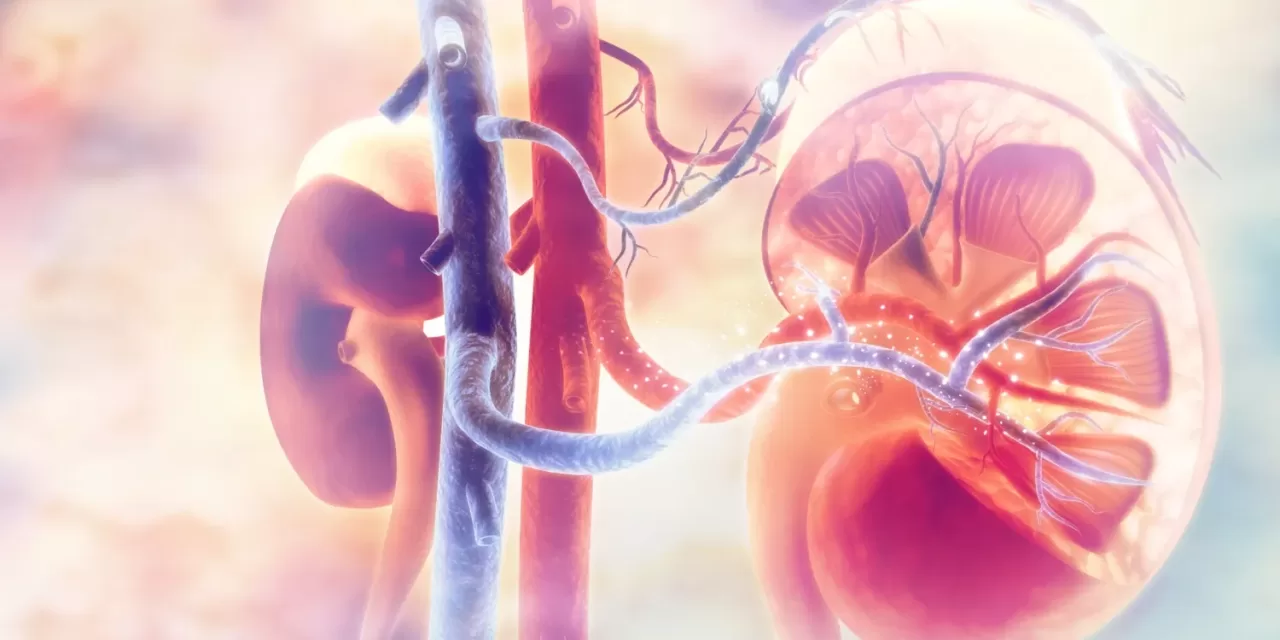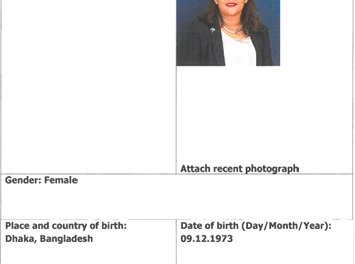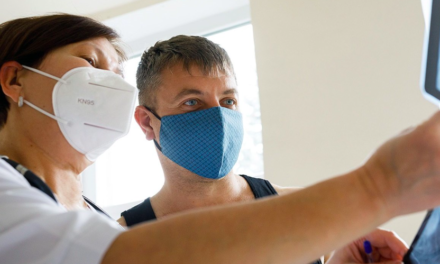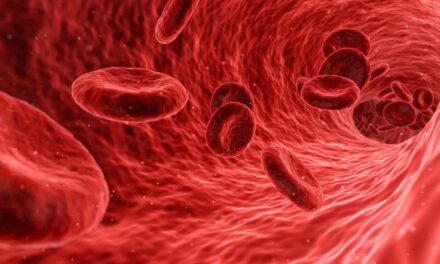A recent study published in Cancer has revealed a strong correlation between lifetime weight patterns and the risk of developing renal cell carcinoma, a type of kidney cancer. Researchers found that a consistently high body mass index (BMI) across all ages, as well as substantial weight gain during adulthood, significantly increased the risk. Conversely, a 10% or more reduction in BMI during adulthood, particularly after age 50, was associated with a lower risk.
The study, led by Dr. Zhengyi Deng of Stanford University School of Medicine, analyzed data from 204,364 participants in the National Institutes of Health–American Association of Retired Persons Diet and Health Study. Researchers assessed BMI at ages 18, 35, 50, and at baseline (ages 51-71), tracking participants for a median of 19 years.
Key Findings:
- Increased BMI, Increased Risk: A higher BMI at any age was linked to a greater risk of overall renal cell carcinoma and its subtypes, excluding chromophobe renal cell carcinoma. Hazard ratios (HRs) ranged from 1.10 to 1.40 per five-unit increase in baseline BMI.
- Years with Overweight/Obesity Matter: The longer an individual lived with overweight or obesity, the higher their risk for overall, clear cell, aggressive, and fatal renal cell carcinoma.
- Early Weight Gain is Critical: Individuals who became overweight at a younger age, specifically at 18 or 35, showed a significantly elevated risk of renal cell carcinoma.
- Weight Loss Benefits: A 10% or greater BMI reduction, especially after age 50, was associated with a 21% to 28% decrease in the risk of overall renal cell carcinoma.
The study categorized participants as underweight (BMI < 18.5), normal weight (BMI 18.5-24.9), overweight (BMI 25.0-29.9), or obese (BMI ≥ 30). The researchers used a trajectory model to analyze BMI patterns and calculate the cumulative impact of years spent with excess weight.
“Future studies should evaluate whether primary intervention programs for weight reduction in obese individuals confer protective effects to reduce renal cell carcinoma risk,” the authors suggested.
Limitations:
The study acknowledges several limitations. BMI does not differentiate between fat and muscle mass, and lifetime weight data relied on self-reported BMIs, potentially missing fluctuations. Additionally, the study population was predominantly White and over 50, which might limit the generalizability of the findings.
Disclaimer:
This news article is based on the provided study information and should not be interpreted as medical advice. Individual health situations vary, and readers should consult with healthcare professionals for personalized guidance. The study’s limitations, including the self-reported nature of some data and the demographic of the participants, should be considered when interpreting these findings. The study did not receive specific funding and some authors reported conflicts of interest regarding travel and consulting fees.(https://www.medscape.com/viewarticle/how-lifetime-weight-patterns-influence-kidney-cancer-risk-2025a10007gv)












